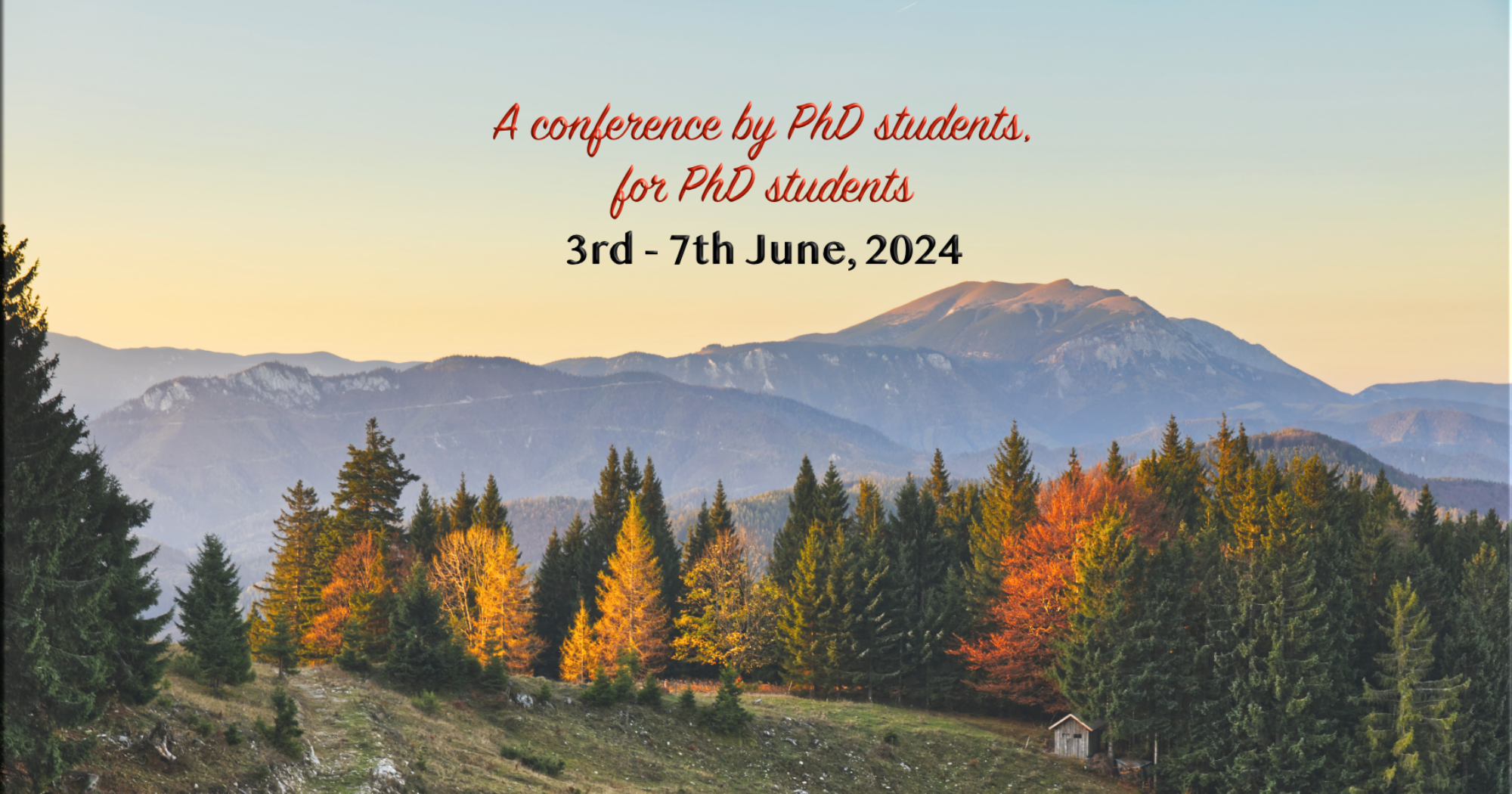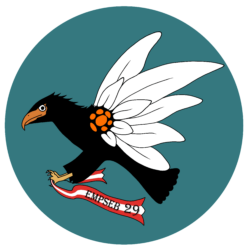Alaa Hseiky (Co-chair)
Institute of Environmental Sciences, Jagiellonian University, Krakow, Poland

I come from Lebanon and I love Lebanese food. Cooking and enjoying tasty dishes are my passion. But, as we know, many delicious foods aren’t very good for our health. That’s why I decided to do my PhD at Jagiellonian University. I’m studying how diets high in fat and sugar affect artificially selected populations of ‘bank voles’.
Guess what? These rodent animals don’t seem to get as affected by unhealthy food as we do. Their weight, sugar levels, fat content, and how they perform aren’t really changed by the diet. It’s quite surprising!
Pranav Unnikrishnan (Designer)
Genomics and Experimental Evolution group, Institute of Environmental Sciences, Jagiellonian University, Krakow, Poland
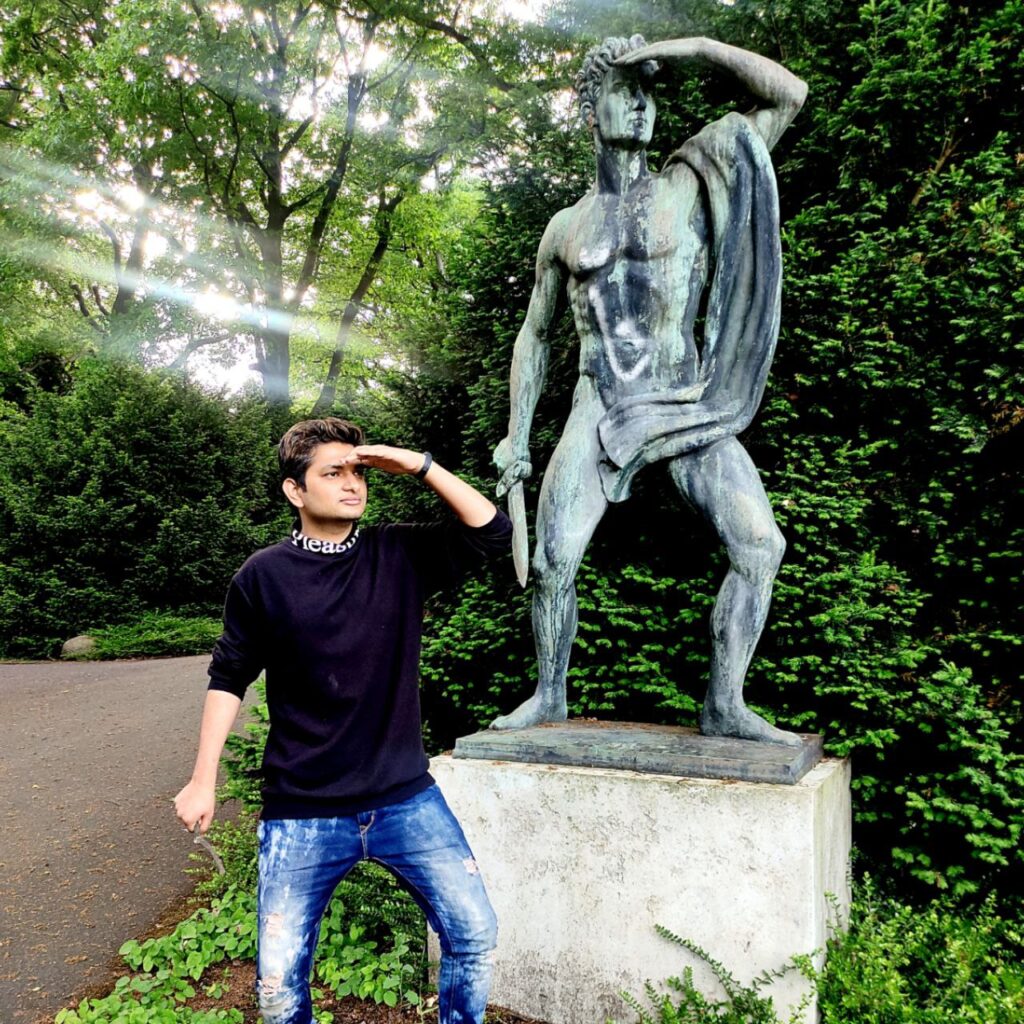
Balancing mites, unbalancing life
In my current project, I search for factors maintaining the genetic polymorphism in 6Pgdh – a sexually selected gene involved in sexual conflict – using bulb mites a model species. I aim to gain insight into the underlying mechanism and factors contributing to balancing selection, as well as to understand the genetic basis, physiological mechanisms and other factors associated with selective pressures in the context of sexual conflict.
When I’m not thinking of balancing selection, I turn to my comfort habits like dance, drawing or video games for balancing life 😁.
Nhu L.T. Tran (Treasurer)
Institute for Plant Sciences, University of Cologne, Cologne, Germany
CEPLAS Graduate School, Düsseldorf, Germany
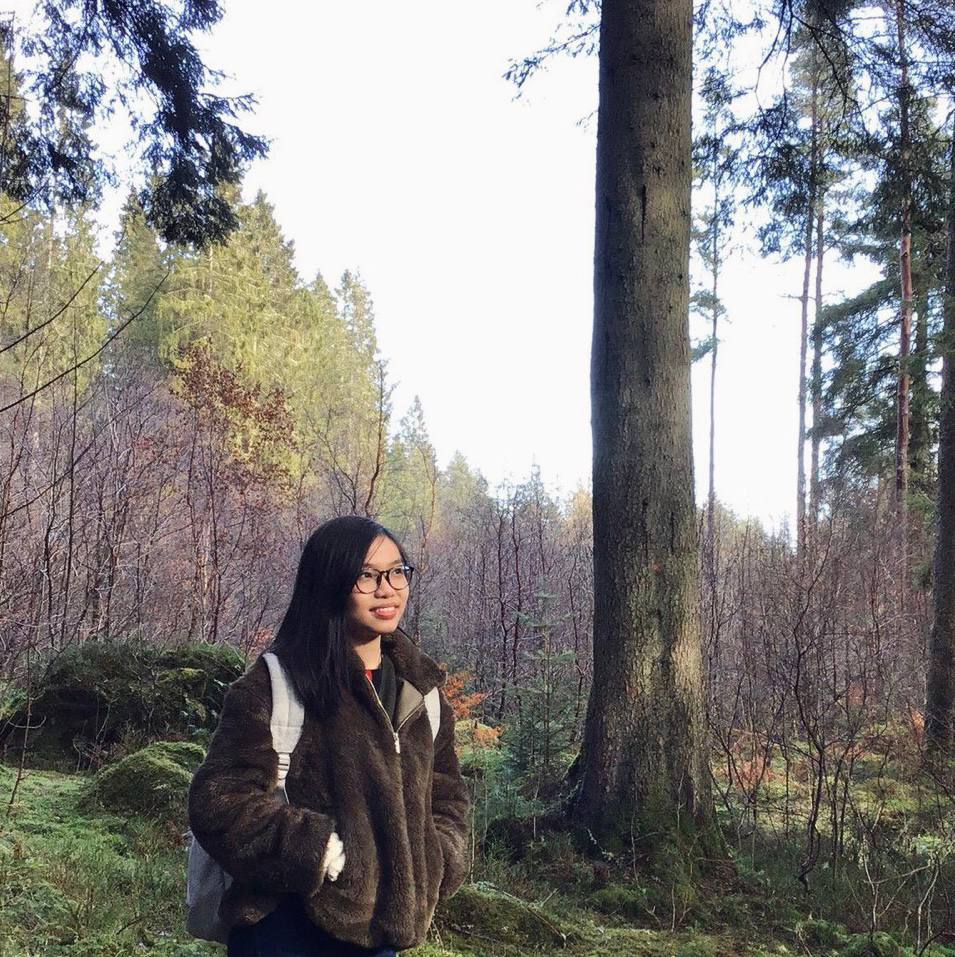
The similarity between Cologne Dom and Epi–Dom is that they both carry population history
My project centres around Arabidopsis lyrata populations, serving as a model to study inheritance patterns of transcriptomic and epigenetic variations, with a special interest for dominance variance. I’m all about understanding how these genetic bits get passed down and decode what’s in store for these plants down the evolution road.
At the end of the day, I unwind by playing violin, drawing, and sipping bubble tea.
Florian Strahodinsky (Co-chair)
Institute of Science and Technology Austria (ISTA), Klosterneuburg, Austria
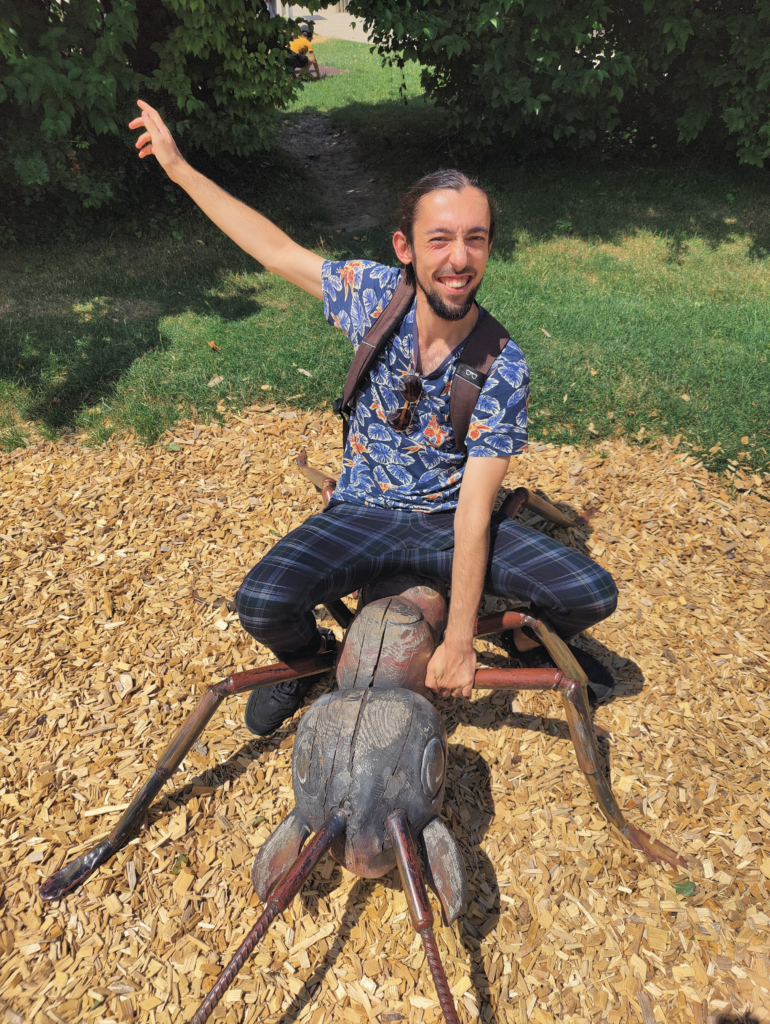
As an “anthusiast” I have always been fascinated by ant societies and how they seem to effortlessly tackle any problems thrown at them together. Coming from a background of martial arts and studying medical biotechnology, I have found my current destination in the social immunity lab of Sylvia Cremer. Here, I study individual and collective disease defense with a focus on ant-nematode interactions.
Alan Flatrès (Social media)
Department of Mathematics, University of Western Ontario, London, Canada

In my thesis projects, I study the impacts of different environmental features on the evolution of cooperative breeding. The diversity of environments and ways of being cooperative makes it very interesting to study! In my work, I use mathematical tools such as inclusive fitness and population dynamics models. These methods allow me to find analytical and numerical results showing how the environment influences the evolution of help in different populations.
Outside my work, I enjoy climbing, cooking, and doing crafts!
Gulsamal Askarova (Social media)
Population Ecology Lab, Faculty of Biology, Adam Mickiewicz University in Poznań, Poland

I am engaged studying the ecology of phytophagous arthropods. Currently, my focus revolves around Aceria tosichella (Wheat curl mite), an important pest mite that poses a significant threat to cereals. My goal is to understand through experimental evolution the mechanisms behind niche breadth evolution (in its abiotic – temperature, and biotic dimensions – host plant) and investigate how stable and fluctuating environments shape the niche breadth of Aceria tosichella.
Besides research, I enjoy ice skating and handicrafts.
Oonagh Barker (ESEB’s PhD representative)
Oonagh was a valuable member of the committee, but had to resign due to personal reasons.
Chapman Lab, University of East Anglia, UK
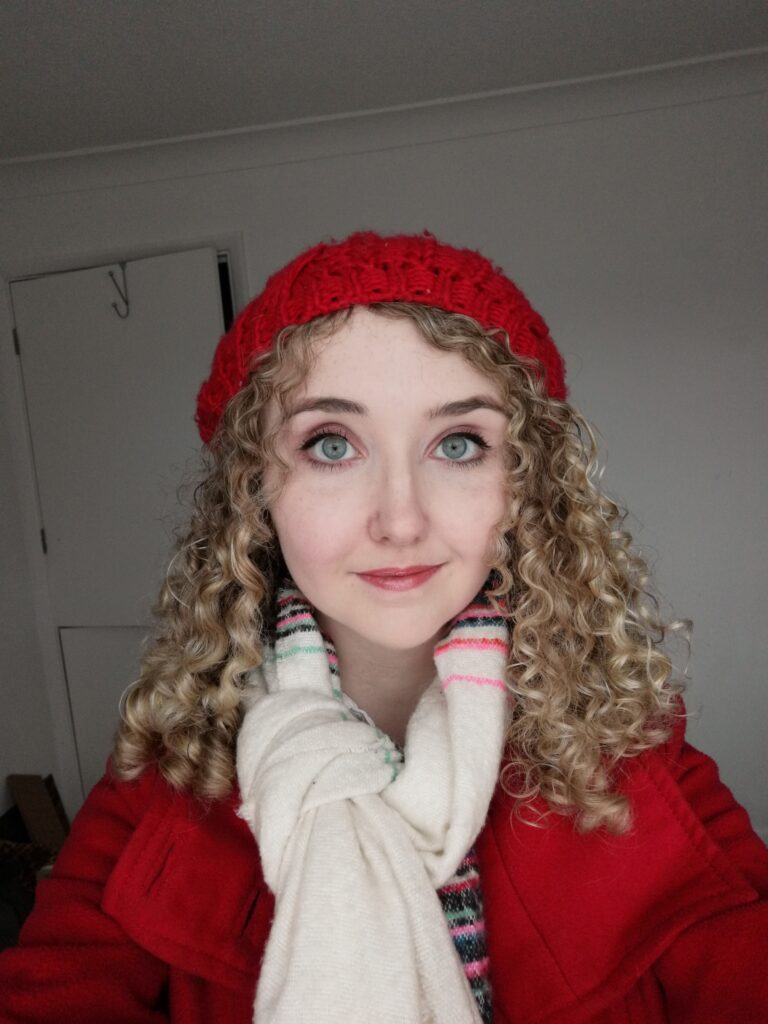
Oonagh is a second year PhD student at the University of East Anglia, UK. Oonagh uses dietary manipulations in fruit flies to understand the impact of nutritional choices and mating status on reproductive success and lifespan for each sex, with the aim of revealing in what way nutritional choice acts as a determinant of sex-specific plasticity in life history. Though her interests are wide-ranging, she is particularly invested in experimental manipulations of trade-offs and the evolution of ageing.
